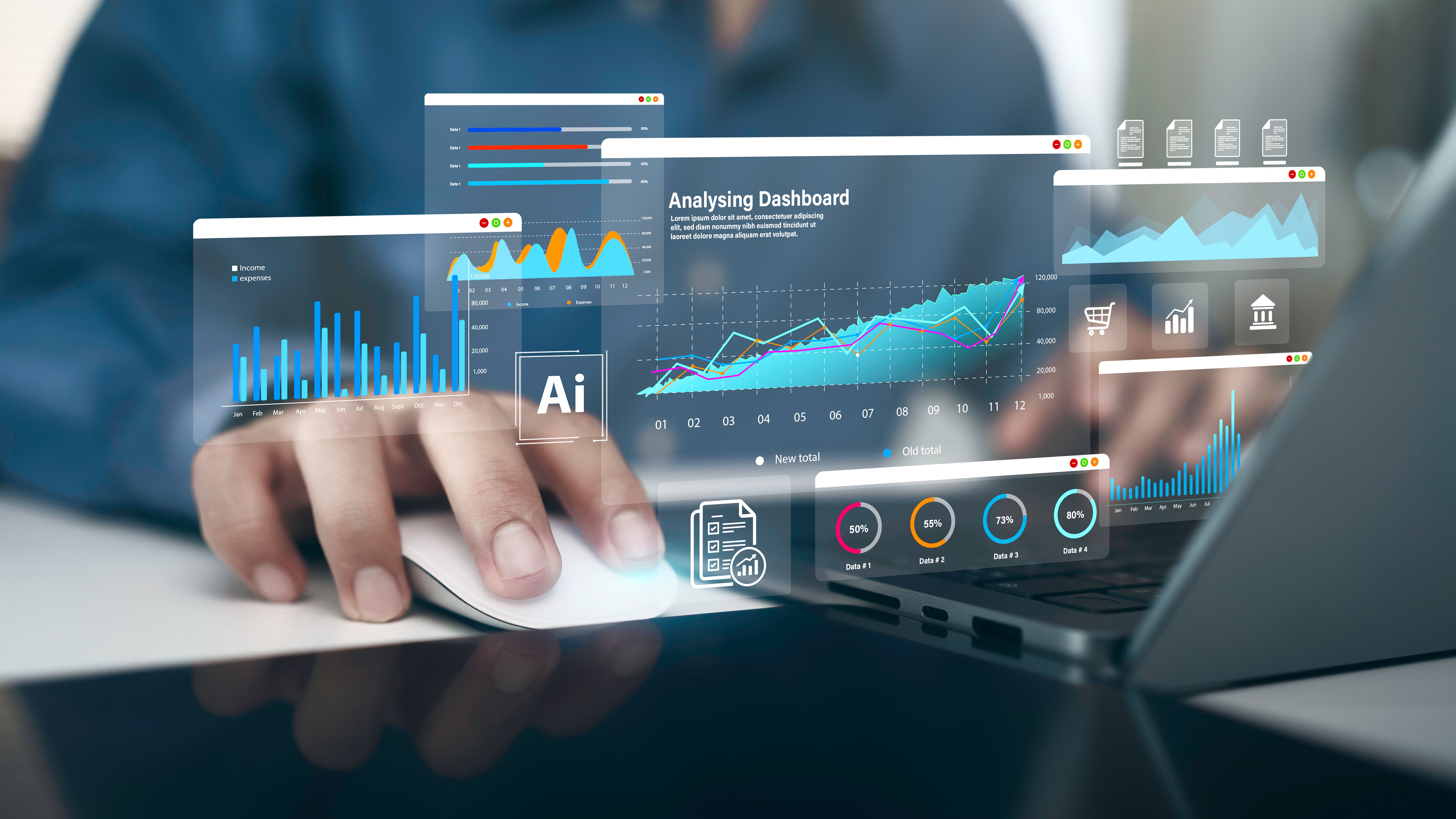AI in Accounting: Revolutionizing Financial Management
The Role of AI in Modern Accounting
The integration of Artificial Intelligence (AI) within the accounting sector is transforming how financial professionals manage data and conduct analyses. This powerful technology is not just automating routine tasks but also providing insights that were once considered impossible. AI's ability to process vast amounts of data quickly and accurately is revolutionizing the industry, enabling accountants to focus on more strategic activities.
One of the most significant benefits of AI in accounting is its capability to automate repetitive tasks. This includes data entry, invoice processing, and transaction categorization, which are traditionally time-consuming. By automating these processes, companies can significantly reduce errors and free up valuable time for their employees to engage in higher-level financial analysis and decision-making.

Enhancing Data Accuracy and Compliance
AI-driven tools are enhancing data accuracy by minimizing human error. These tools can analyze patterns and detect anomalies that may indicate fraudulent activity or discrepancies, ensuring that financial records are both accurate and compliant with regulations. This capability is particularly beneficial for businesses operating in highly-regulated industries where compliance is critical.
Furthermore, AI can assist in maintaining compliance with ever-evolving financial regulations. It can continuously monitor transactions and automatically update processes as new regulations are introduced, reducing the risk of non-compliance penalties. This proactive approach to compliance helps businesses stay ahead of regulatory changes and avoid costly fines.
Predictive Analytics and Strategic Decision Making
Beyond automation, AI offers predictive analytics capabilities that are invaluable for strategic decision-making. By analyzing historical data, AI algorithms can forecast future trends, helping businesses make informed decisions about investments, budgeting, and risk management. This predictive power enables accountants to provide more valuable guidance to their clients or organizations.

AI's ability to analyze large datasets quickly also allows businesses to identify new opportunities for growth and efficiency. For example, AI can help pinpoint underperforming areas within a company or reveal potential cost-saving measures, leading to more strategic resource allocation. A single AI Agent designed to review your cost centers can make suggestions for purchasing units in bulk, where turns are high, adding to long-term savings. If this concept is interesting to you call us for more information. Implementing a single agent will introduce you to cost savings and find out how easy it is to automate agents.
Improving Client Relationships
AI in accounting is not only beneficial for internal processes but also enhances client interactions. With AI-powered tools, accountants can deliver more personalized services by quickly accessing detailed insights into a client's financial situation. This level of service fosters stronger client relationships and increases customer satisfaction.
Additionally, AI can facilitate better communication by providing real-time updates and reports to clients. This transparency builds trust and positions accountants as proactive advisors rather than mere number crunchers.

The Future of AI in Accounting
The adoption of AI in accounting is only set to increase as technology continues to advance. Future developments may include more sophisticated AI systems capable of handling complex financial strategies or integrating seamlessly with other business software to provide a holistic view of an organization's operations.
Businesses that embrace AI technology are likely to gain a competitive edge by improving efficiency, accuracy, and decision-making capabilities. As the accounting landscape evolves, professionals who adapt to these technological advancements will be better equipped to meet the demands of the modern financial world.